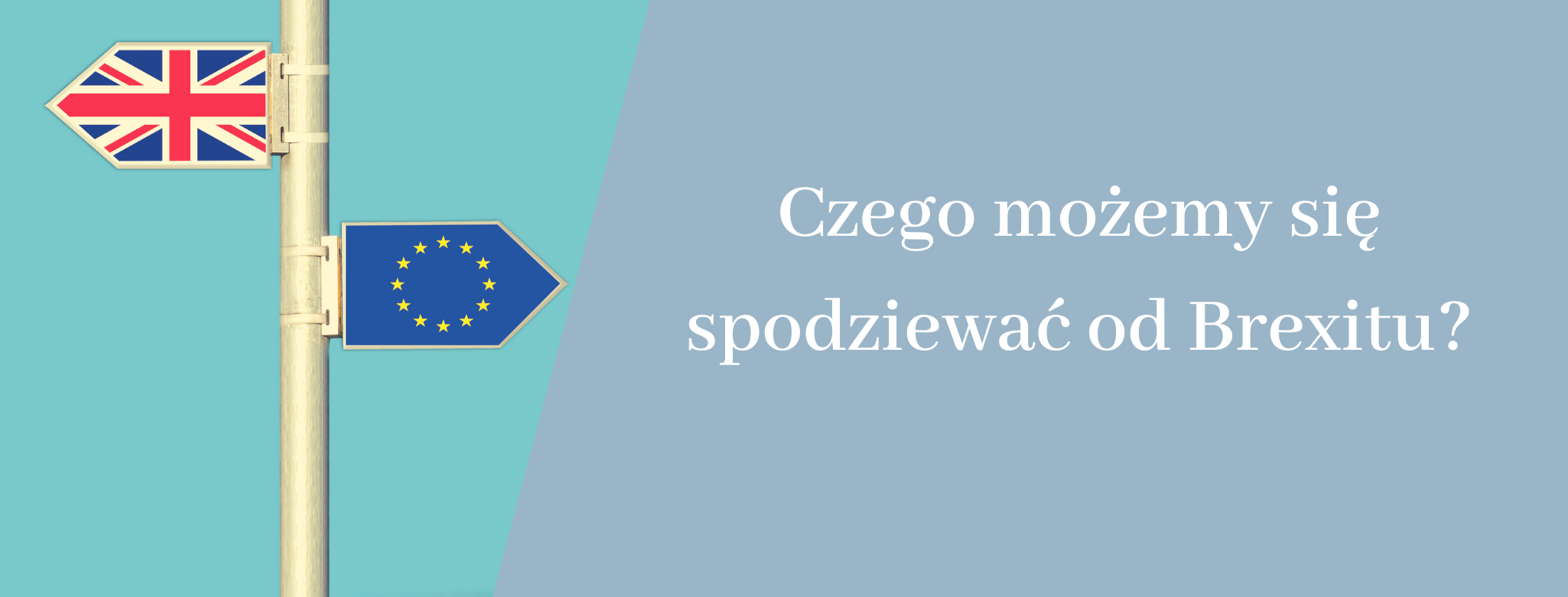Negotiations on a free trade agreement between the UK and the EU started due to a unilateral threat from the UK to revoke the Northern Ireland protocol. The negotiations were carried out at a very difficult time due to the worldwide pandemic and they still have to go through the Brexit blockades, which you can read about below. If both sides manage to break through any political storms, it is quite realistic to conclude the negotiations by December 31, 2020. The economic risk for both sides remains very high.
Below we present information on key blockades and how the contract is to be constructed.
What are Brexit blockades?
The three main obstacles to the conclusion of a free trade agreement are:
Northern Ireland. Now it has reoccurred as a major disruption to the transaction. The UK decided in 2019 to prioritize its ability to enter into new trade deals with the rest of the world and have full regulatory freedom for the UK, at the expense of Ireland’s place in the UK domestic market. This meant that there would be no border controls between Northern Ireland and Southern Ireland – thus avoiding the destabilization of the Irish peace process. Instead, Northern Ireland would stay in the EU’s customs systems. On the other hand, checks on goods will be carried out at IRL Pn ports for goods entering / leaving Great Britain. This is called the border in the middle of the Irish Sea. Several issues arose during the negotiations:
This will mean EU surveillance of Northern Ireland’s border controls. May impose customs formalities on goods moving from Northern Ireland to Great Britain.
Potential EU “backward” jurisdiction over State aid granted to companies Irl. Pn having connections with Great Britain.
The UK does not want to explain its adjustment to EU food standards. This may be related to the UK’s willingness to sign a Food Trade Agreement with the US, which has lowered the requirements.
The UK government is now trying to change the terms of Northern Ireland in its Internal Market Act. The EU threatens to refer the UK to the European Court of Justice in late September if the bill is not withdrawn.
State aid: Permanent UK access to the EU single market without strict compliance with EU standards. This includes the “level playing field” principles which ensure that governments do not try to help national companies comply with unfair rules. It includes: labor law; social policy; environmental standards; state aid to domestic enterprises; competition and taxation. Britain wants full control of state aid and a free hand to subsidize young tech companies. The EU is concerned that the UK’s geographic proximity to markets could mean that the UK could easily become a cheap competitor to EU companies without adjusting the rules.
Fishing rights. The EU wants its fishing fleets to have permanent access to UK waters. Great Britain wants to restore full rights to British fleets. The issue comes down to the process and time for it. The EU is holding back this highly symbolic issue to gain negotiating leverage on state aid and other issues.
7 key elements covered in the free trade agreement:
Each UK-EU free trade agreement will contain seven key elements:
Duty free trade of all goods;
Closer customs cooperation and the possibility of reducing bureaucracy;
Provisions on services similar to the EU’s Free Trade Agreement with Japan;
Mutual recognition of professional qualifications;
Create fora for regulatory cooperation to avoid unnecessary future trade barriers;
Fulfillment of the non-resident obligation to ensure that the UK does not weaken applicable state aid, competition, labor and environmental laws;
Provisions facilitating the temporary movement of persons and service providers.


